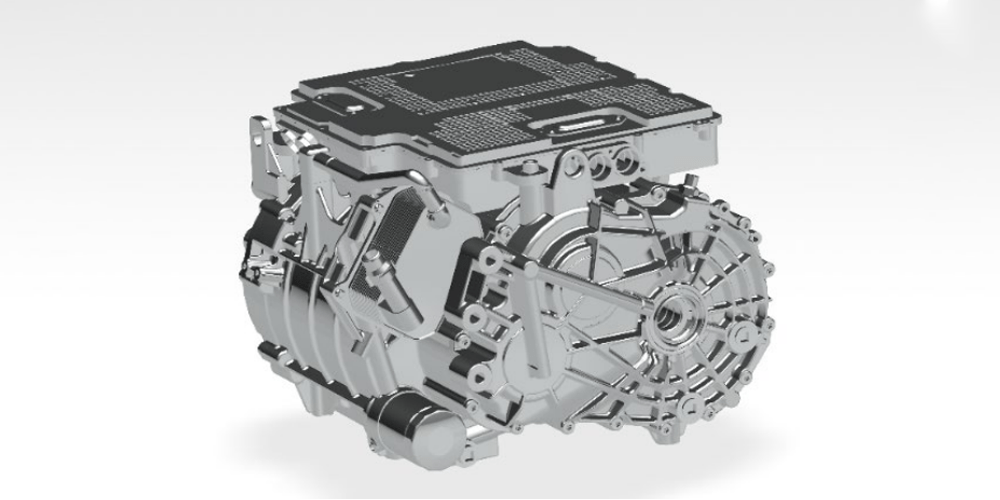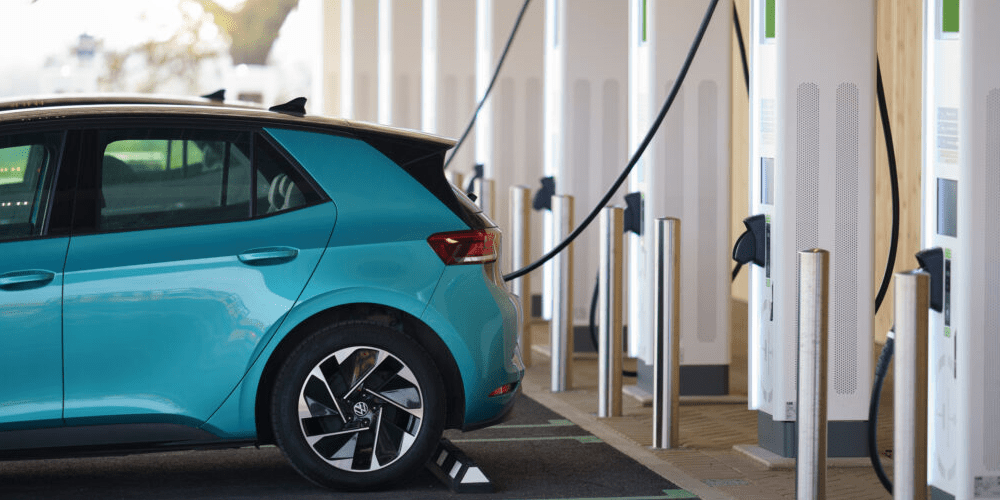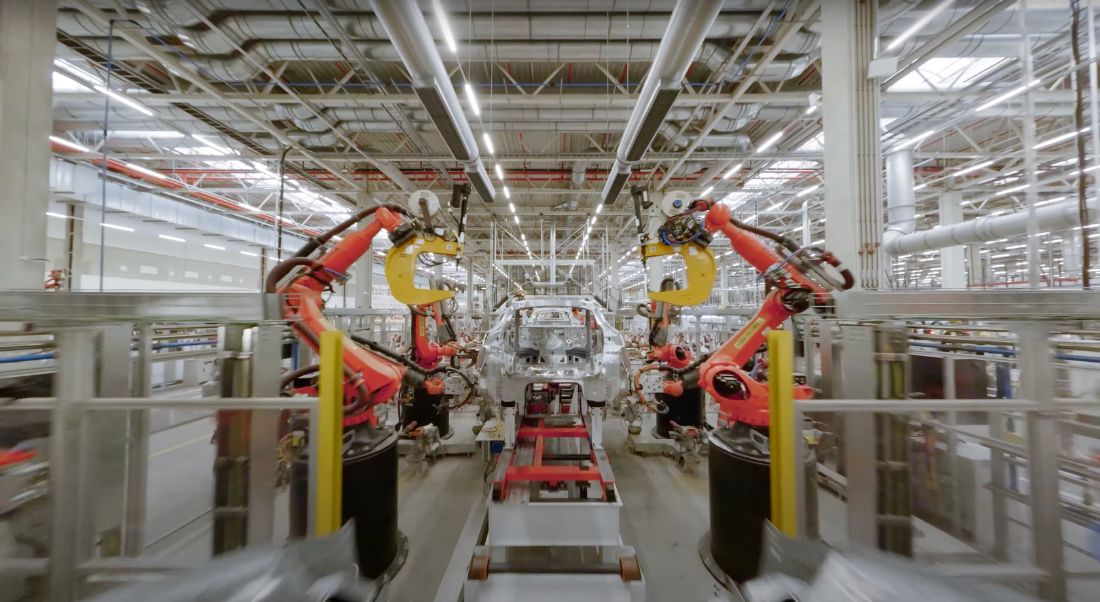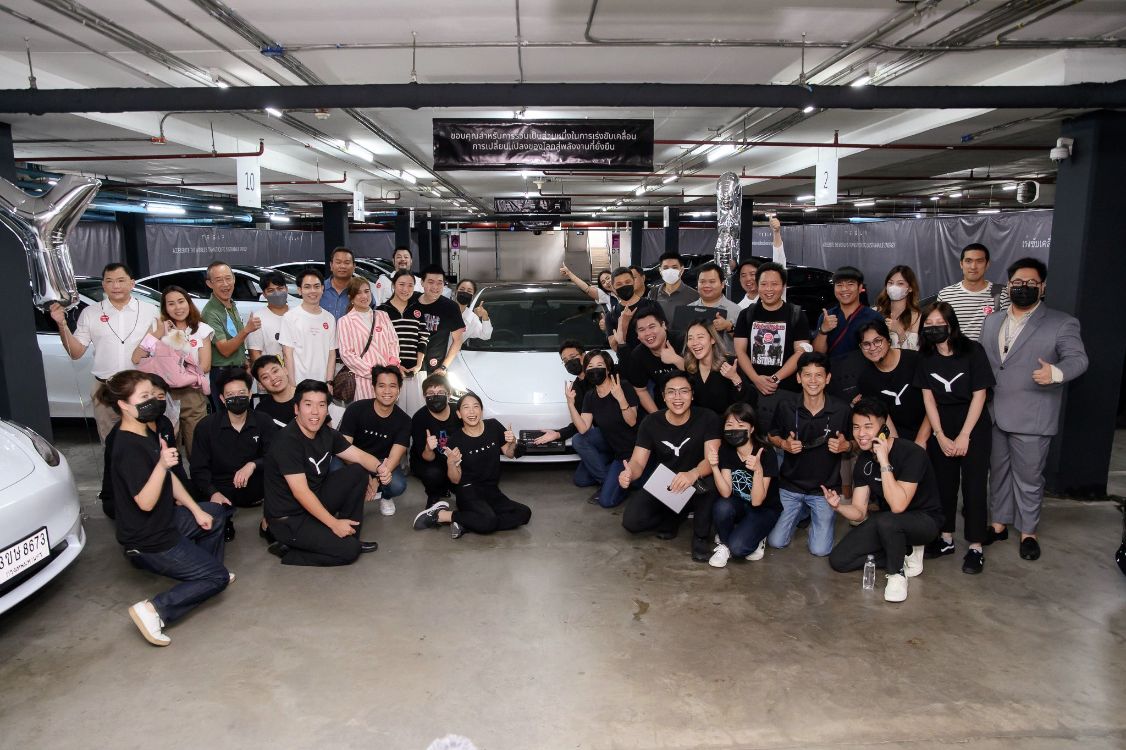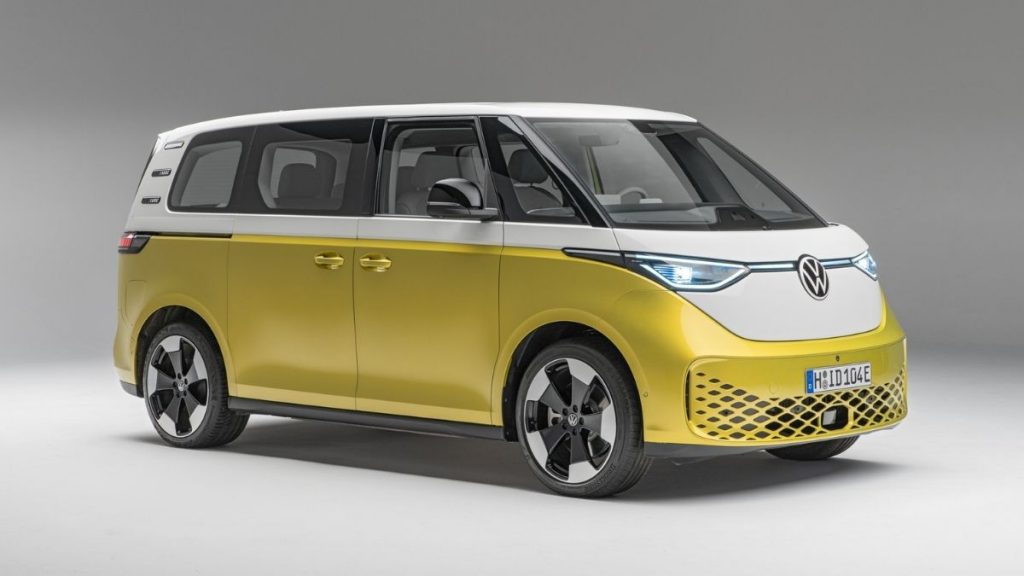BorgWarner, a global automotive supplier, has announced its plan to expand its 400V inverter business by now offering 800V silicon carbide-based (SiC) inverters for battery electric vehicle (BEV) platforms. The company has partnered with a major global original equipment manufacturer (OEM) to supply high-voltage inverters for their passenger BEVs.
The new inverters will come in two variants, a 250kW version for passenger cars and all-wheel-drive crossover utility vehicles, and a 350kW module for performance vehicles. The production of these inverters is expected to commence in 2025 with an estimated peak production volume of approximately 400,000 units.
See also: Hyundai selects BorgWarner compact electric drive systems for A-segment (small size) EV
“As a current 400-volt inverter supplier to the automaker, it was a significant win for our team to be brought on for the 800-volt program as well,” said Dr Stefan Demmerle, President and General Manager, BorgWarner PowerDrive Systems. “This expanded business solidifies BorgWarner’s position as a strategic inverter supplier for this longstanding customer as they transition to the next phase of their BEV strategy.”
BorgWarner also announced that it is expected to achieve approximately $4.3 billion in revenue from electric vehicles (EVs) by 2025, with the introduction of its new inverters. The company forecasts its EV revenue to rise from $1.5 billion in 2023 to $1.8 billion, which is up significantly from the $870 million earned in 2022. This translates to a year-over-year increase in sales from 7% to 12%.
The company’s strong financial position is backed by several investments made in 2022, including the acquisition of Swiss engineering firm DriveTek and investment in semiconductor manufacturer Wolfspeed. BorgWarner expects these investments to yield high returns in the near future.
See also: BorgWarner grows EV portfolio after acquires Rhombus Energy Solutions
BorgWarner has also won a new contract to supply battery cooling plates to a major German vehicle manufacturer in Europe and the US for the automaker’s upcoming line of electric vehicles. While the customer remains undisclosed, the company confirms a longstanding technical partnership of over 30 years, contributing to many new technologies integrated into the customer’s vehicles.

